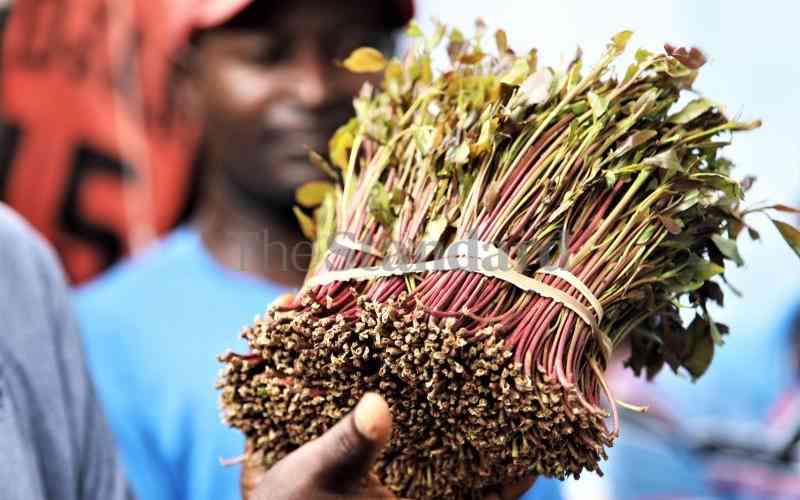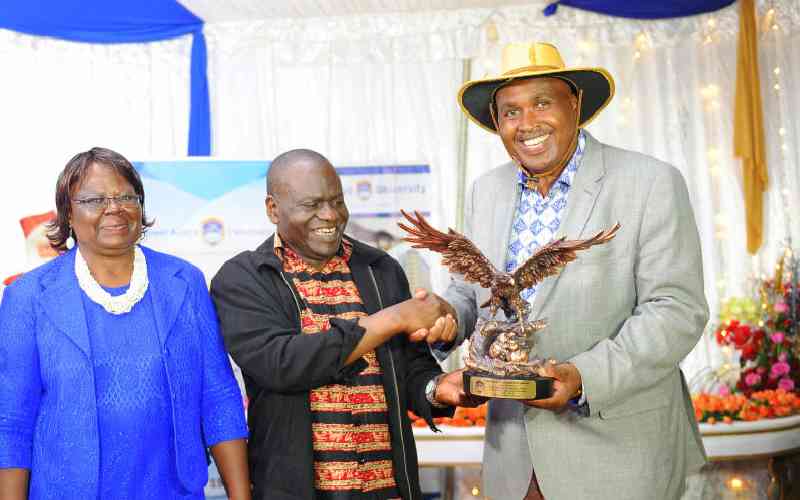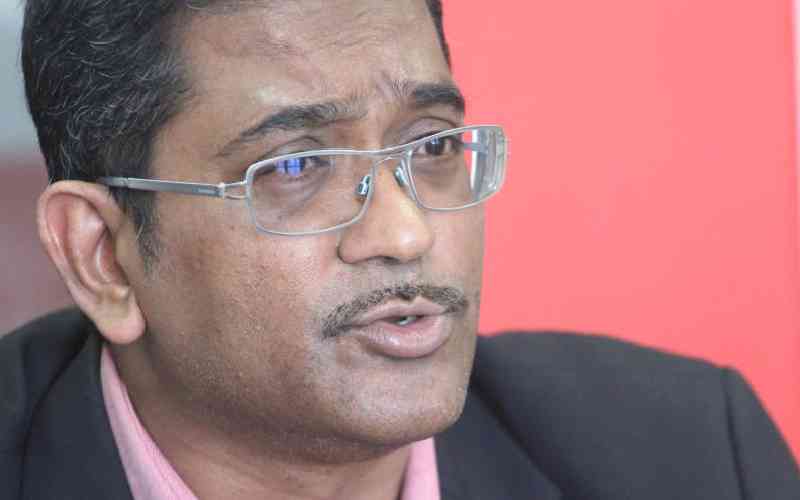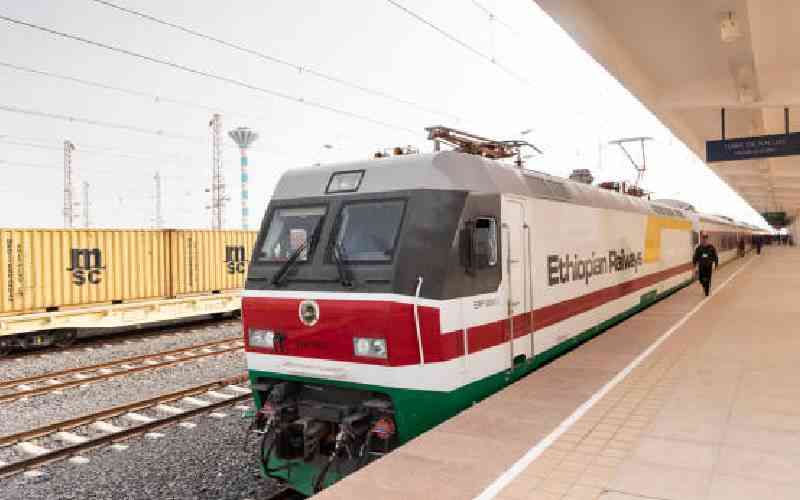
Gradually but surely, miraa (khat) trade appears to have found its footing as seen in the reported increase in the volume of exports to the profitable Somalia market.
In a short span, traders went from exporting 19 tonnes to 50 tonnes of the cash crop daily.
The change in tide has been primarily tied to political goodwill following bilateral talks between the Presidents of Kenya and Somalia in July last year, resulting in the market reopening after a prolonged ban.
In addition, discussions facilitated by the Joint Commission Corporation (JCC) - an entity that convenes officials from the two states to deliberate on issues affecting the miraa trade have also contributed immensely to the change in fortunes.
Another key instance of how political goodwill proved crucial was after the UK ban in 2014, which left a gaping hole in the market.
The government, under then-President Uhuru Kenyatta, created a Sh1 billion fund to cushion farmers against the adverse effects of losing the key market, which consumes almost 20 tonnes of the crop daily.
Through the fund, the former president showed the government's ability to take care of its people while acknowledging the economic importance of miraa to the country.
Closer home, the cash crop stands to benefit from an enhanced market following the negotiation for an integrated market to include the Common Market for Eastern and Southern Africa (Comesa), the South African Development Market and the East African Community (EAC).
- Beyond the politics, here is what science says about miraa, muguka
- Local pharmaceutical manufacturer targets global market with first shipment
Keep Reading
Implementation of the tripartite agreement will mean reduced overreliance on limited markets and also brace the trade of the crop for disruption.
With leadership being central to the growth of trade it is hope-inspiring to observe that leaders elected to represent key growing zones demonstrate a keen understanding of the intricacies involved in the production, distribution, promotion and marketing of miraa.
For example, recently, Nairobi Governor Jackson Sakaja backed the efforts to establish a permanent miraa trading centre along the Pumwani-Meru Road.
The government and key stakeholders have plenty of other opportunities to harness the full potential of miraa.
For starters, given the reported increase in profit from regional markets, it would be prudent to secure new markets, including Uganda, Djibouti and the Democratic Republic of Congo.
Along the same line, an argument can be made on the importance of educating the masses on the potential that lies in miraa.
Additionally, adopting digital operations software as proposed in the miraa code will go a long way to reduce the cost of operation and streamline trade value chains.
Already, the directorate of miraa, pyrethrum and other industrial crops has put in place an industry code that aims to cushion farmers from post-harvest losses.
While the code has the potential to ensure quality products in the market, its success will hinge greatly on the inclusion of farmers and traders in key decision-making.
Trade remains a crucial activity in progressing the economic development of our country. Support from the Government is required to ensure the availability of resources and the enactment of favourable policies.

The writer, Dan Karitho is the MP Igembe Central.
 The Standard Group Plc is a multi-media organization with investments in media platforms spanning newspaper print
operations, television, radio broadcasting, digital and online services. The Standard Group is recognized as a
leading multi-media house in Kenya with a key influence in matters of national and international interest.
The Standard Group Plc is a multi-media organization with investments in media platforms spanning newspaper print
operations, television, radio broadcasting, digital and online services. The Standard Group is recognized as a
leading multi-media house in Kenya with a key influence in matters of national and international interest.











